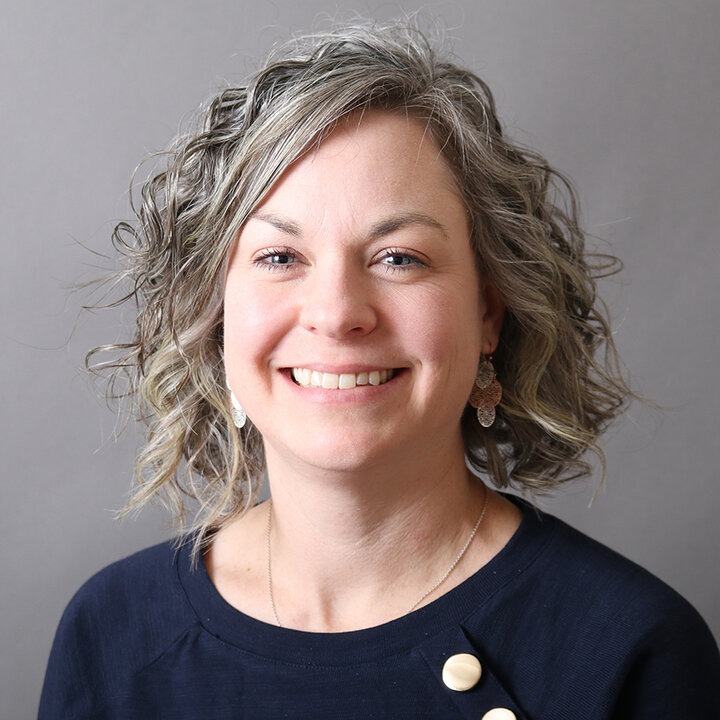Contest Purpose
The purpose of the veterinary science career development event is to promote college and career readiness by providing opportunities to develop technical knowledge and demonstrate practical skills in the field of veterinary science.
Objectives
- Participants will demonstrate professional ethics, decision-making, communication and problem-solving skills.
- Participants will demonstrate technical competency with small and large animals in the areas of:
- Anatomy and physiology
- Clinical procedures
- Identification
- Health and safety
- Medical terminology
To prepare for the contest, study materials and practice questions are available. Follow the links to help you prepare for each section of the Nebraska Veterinary Science CDE:
Nebraska Handbook and Rules National Handbook
For more information regarding the contest, visit https://alec.unl.edu/agedcde.
Contest Superintendent
Written Exam
The multiple-choice exam is designed to determine team members' broad understanding of the veterinary science field. All students will take the exam individually. Team members may not talk during the written exam.
For the Nebraska State FFA CDE, there will also be math questions regarding conversions, dose calculations, dilutions, cost calculations and invoices. These are separate in the National FFA CDE. Calculators are permitted and need to be provided by the student.
Topics for the exam may include:
- Behavior
- Disease (causes and sources, signs and symptoms)
- Medical terminology
- Medical records
- Anatomy/physiology
- Regulations (federal OSHA, MSDS)
- Patient management
- Facility management
- Genetics
Resources to help you study for the written exam:
Veterinary Assisting: Fundamentals and Applications. Vanhorn. Clark.
Small Animal Care and Management. Warren.
An Illustrated Guide to Veterinary Medical Terminology. Romich.
National Past Tests & Practicums
Identification
For this portion you are required to be able to identify all eqipments, materials, breeds, and parasites listed in the Veterinary Science CDE Handbook.
Practicums
Handling and Restraining Practicum
Four handling and restraining practicums will be selected. Each individual will be assigned to complete one of the four handling and restraining practicum.
Participants are expected to talk through the handling and restraining steps to a judge as they are being scored. Judges may speak and ask questions to the participant at the end of each activity, if time allows. All handling and restraining scorecards can be found at the end of the Nebraska Handbook and Rules.
Clinical Procedure Practicum
Four clinical procedure practicums will be selected. Each individual will be assigned to complete one of the four clinical procedure practicums.
Participants are expected to talk through the clinical procedure steps to a judge as they are being scored. Judges may speak and ask questions to the participant at the end of each activity, if time allows. All clinical procedure scorecards can be found at the end of the Nebraska Handbook and Rules.
Videos
- Proper Method for Preparing a Label for a Syringe
- Proper Method for Filling a Syringe
- Removal of Sutures
- Bandage Removal
- Bandage Application
- Pill Counting Tray Procedure
- Administration of Topical Medication
- Administration of Subcutaneous Infection
- Administering Ophthalmic Medication
- Intramuscular Injection
- Administration of Aural Medication
- Catching and Haltering a Horse
- Tail Tying Your Horse
- Applying a Commercial Muzzle
- Restraint for Venipucture
- Restraint in Sternal Recumbency
- Restraint in Lateral Recumbency
- Removing a Dog from a Cage or Kennel
- Restraint for Jugular Venipucture
- Applying a Gauze Muzzle
- Restraint for Cephalic Venipuncture
